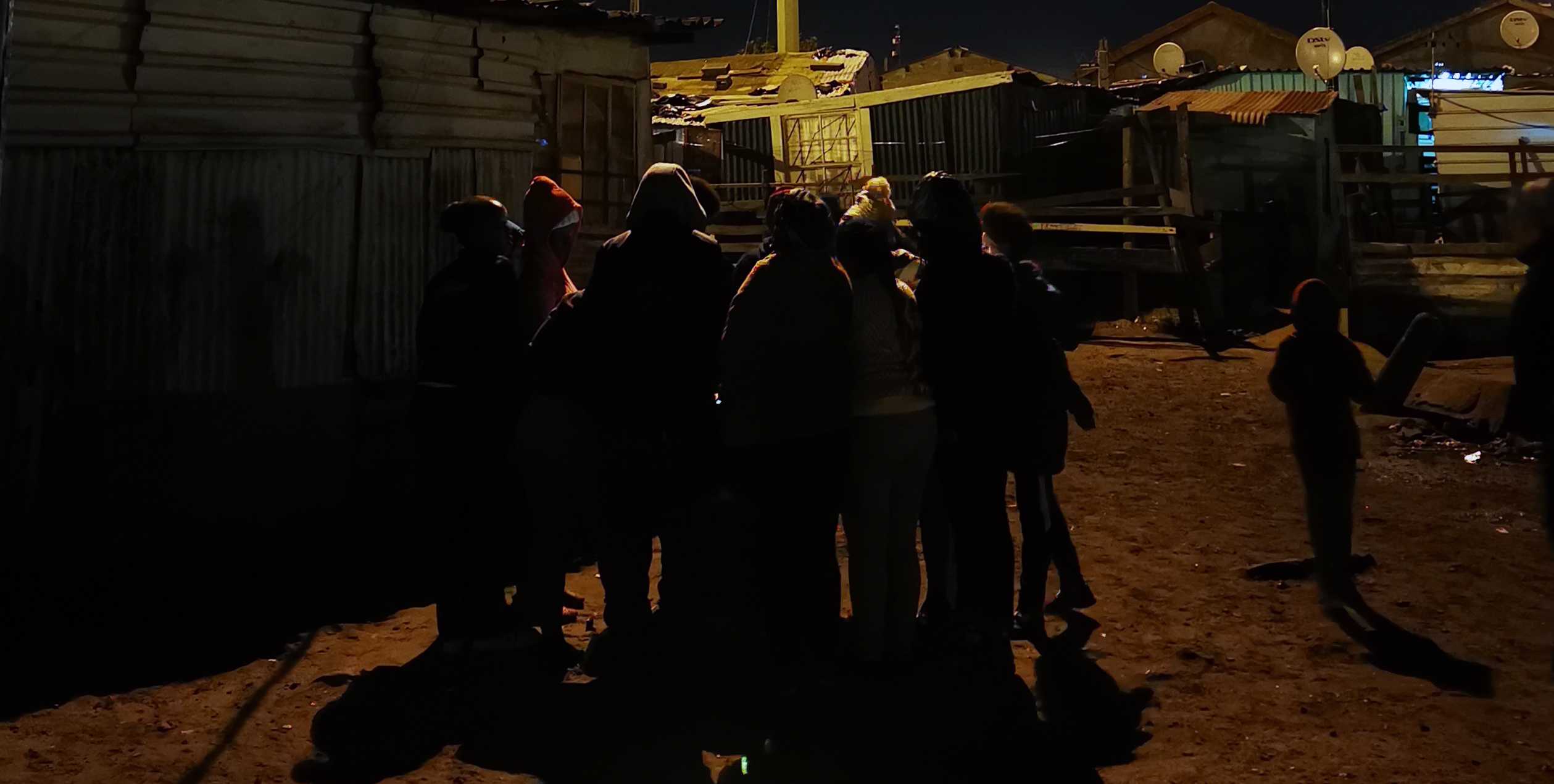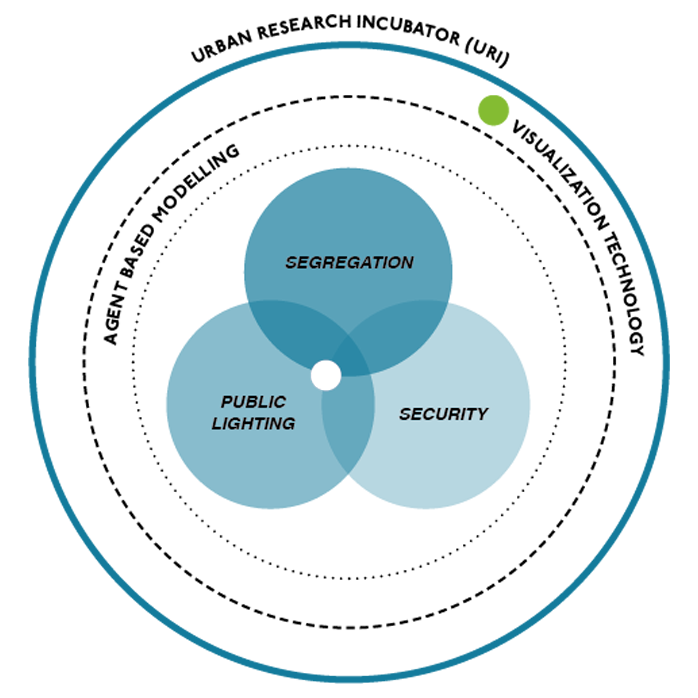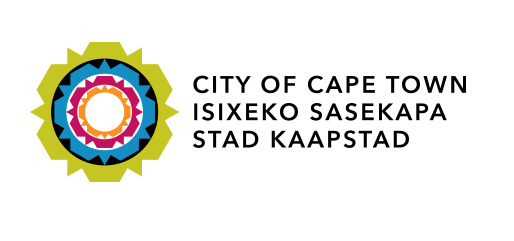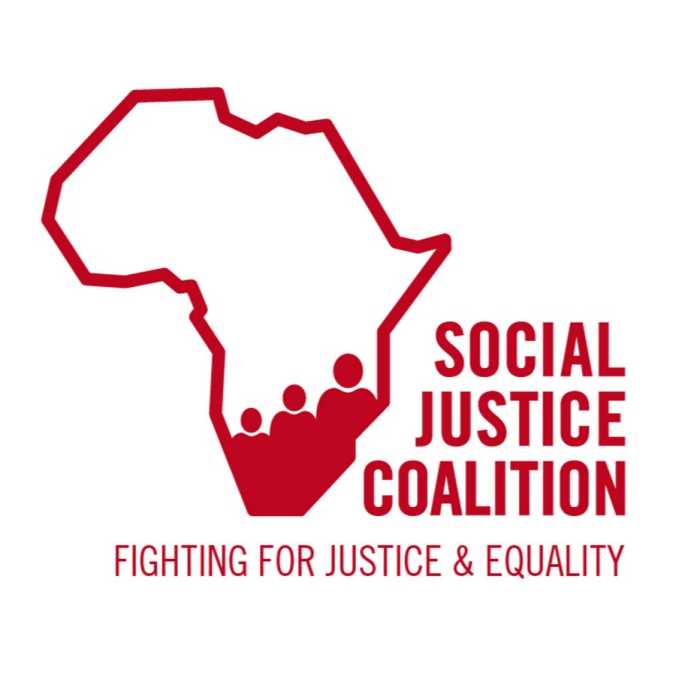Performing Light: The Impact of Public Lighting in Informal Settlements in Cape Town

Background
Rapid urbanization worldwide has led to public service challenges in informal neighborhoods. While researchers and policymakers have focused on providing other basic services, public lighting has been neglected, yet. It is necessary to access shared basic services after dark and might play an important role in feeling and being safe outside at night. In Cape Town, insufficient public lighting in informal neighborhoods is largely attributed to historical race-based segregation and extreme economic inequality. Existing policies continue to promote high-mast lights, despite the technology’s fallbacks. This transdisciplinary project tests the efficacy of wall-mounted solar lights and the impact of this alternative public lighting on life at night (mobility, outdoor activities, and perceived safety). Findings will provide the City of Cape Town with information on the suitability of a new, environmentally sustainable technology to provide public lighting in informal settlements.
The Team
-

Stephanie Briers (ETH Zürich / Sebastian Wagner) -

Yael Borofsky (© 2017 ISTP)
Research Questions
What is the impact of public lighting on everyday life and spatial practices, measured through residents’ mobility, activities, perceptions of safety, and access to infrastructure?
Can solar lights mounted directly onto each house be an effective alternative, with regard to light provision on streets, to high-mast lights in informal settlements?
Policy Relevance
Many existing policies limit improvements in public lighting. Our research aims to understand how to design a public lighting policy designed specifically for the socio-spatial conditions of informal settlements, while also addressing the City of Cape Town’s interest in policies that simultaneously meet urban needs and improve resilience to climate change. An impact evaluation and cost-benefit analysis of the technology alternative we test will provide critical information about how to address the fragmented distribution of public lighting service in informal settlements and move toward more equal provision of public lighting for all Cape Town residents.



